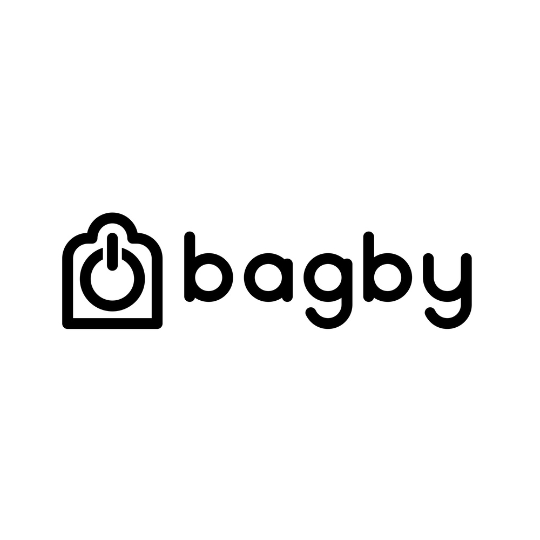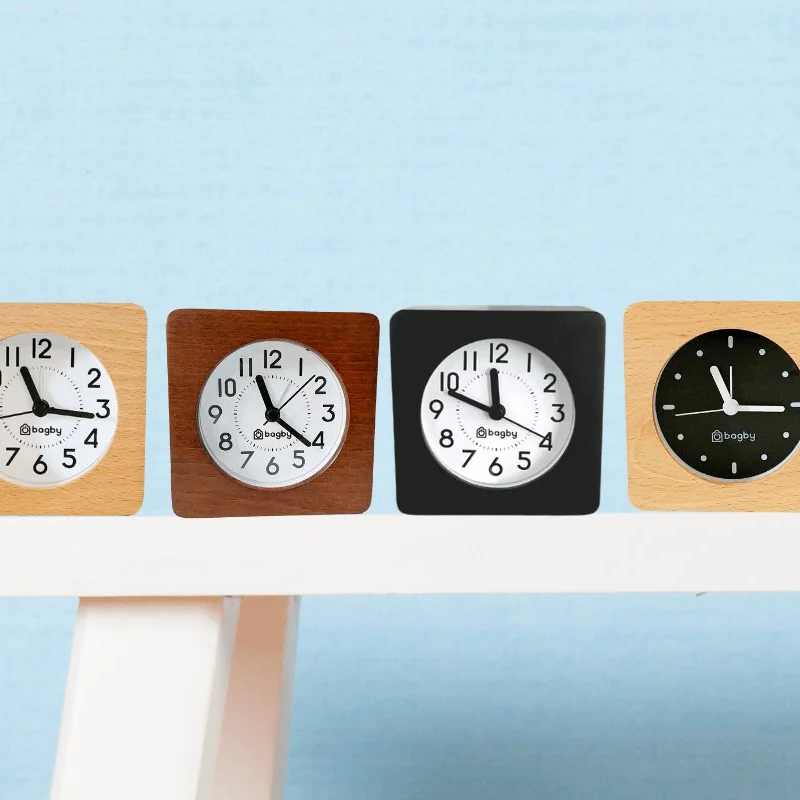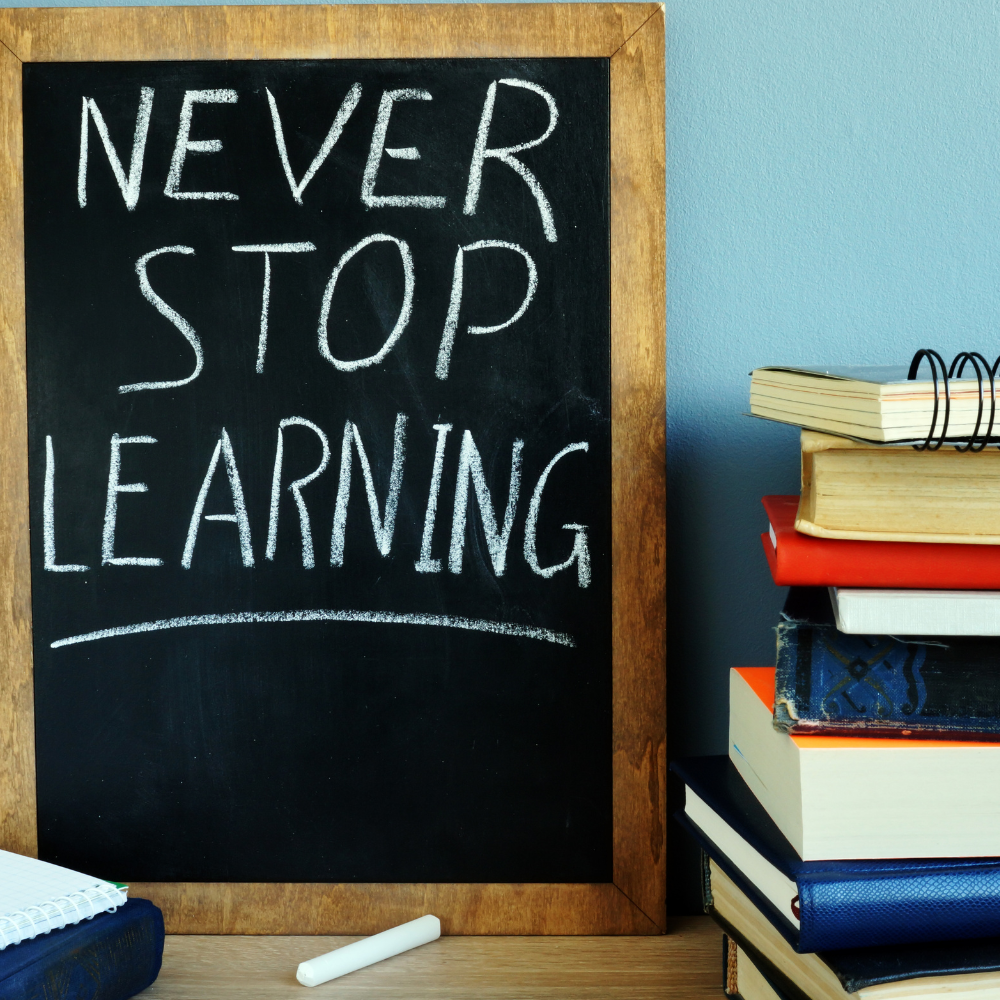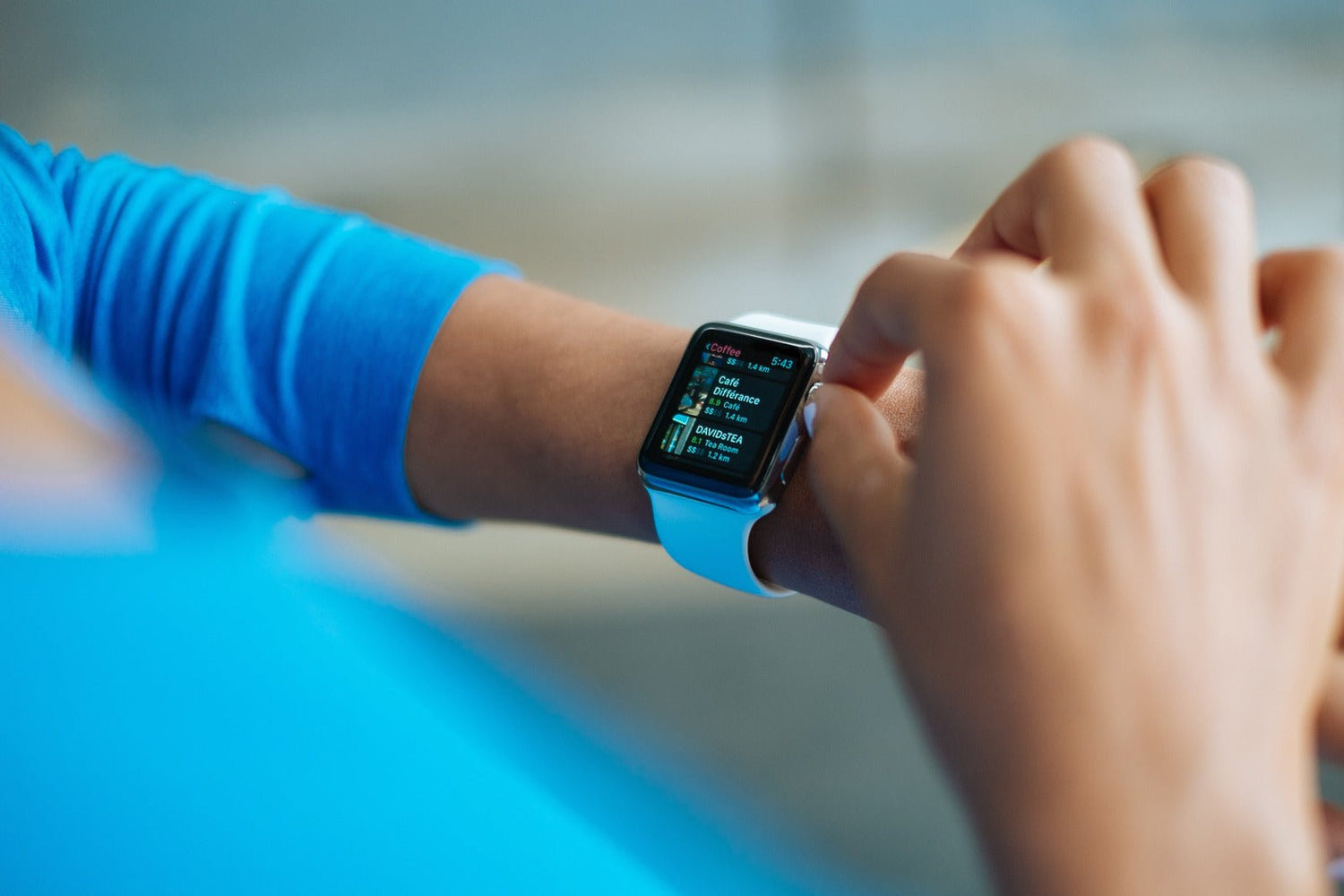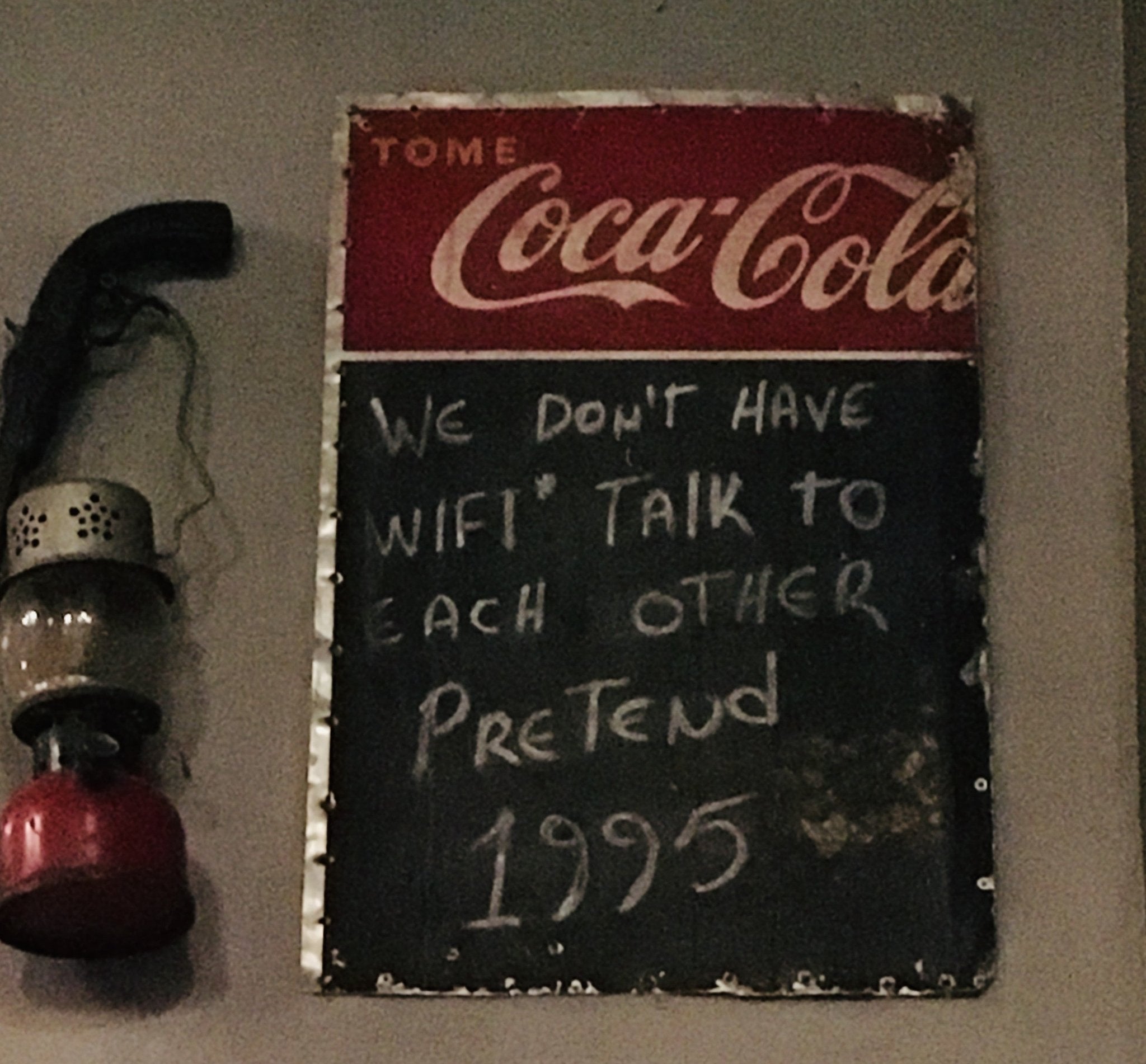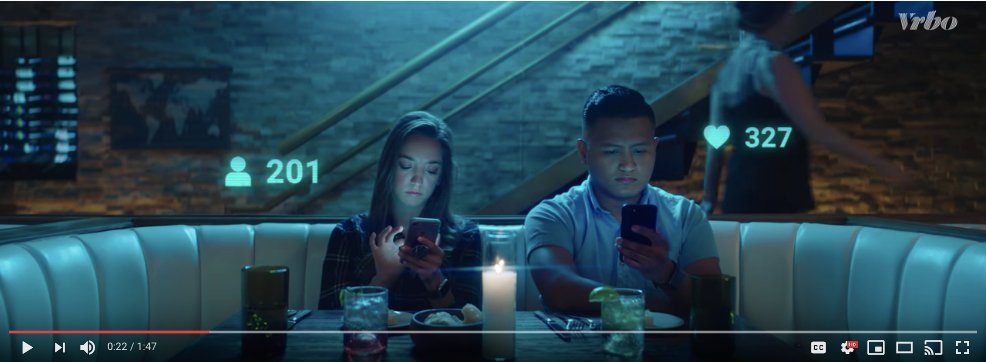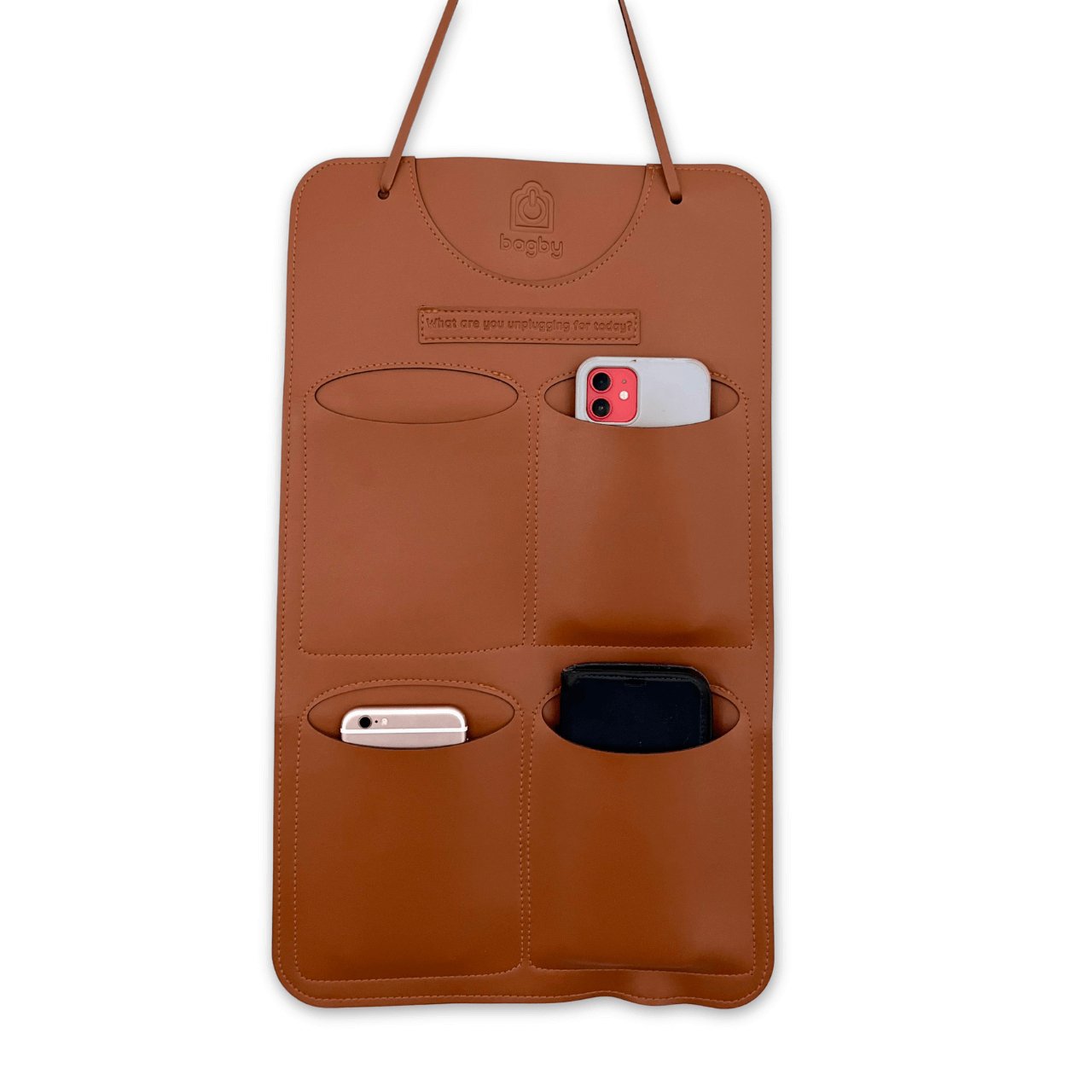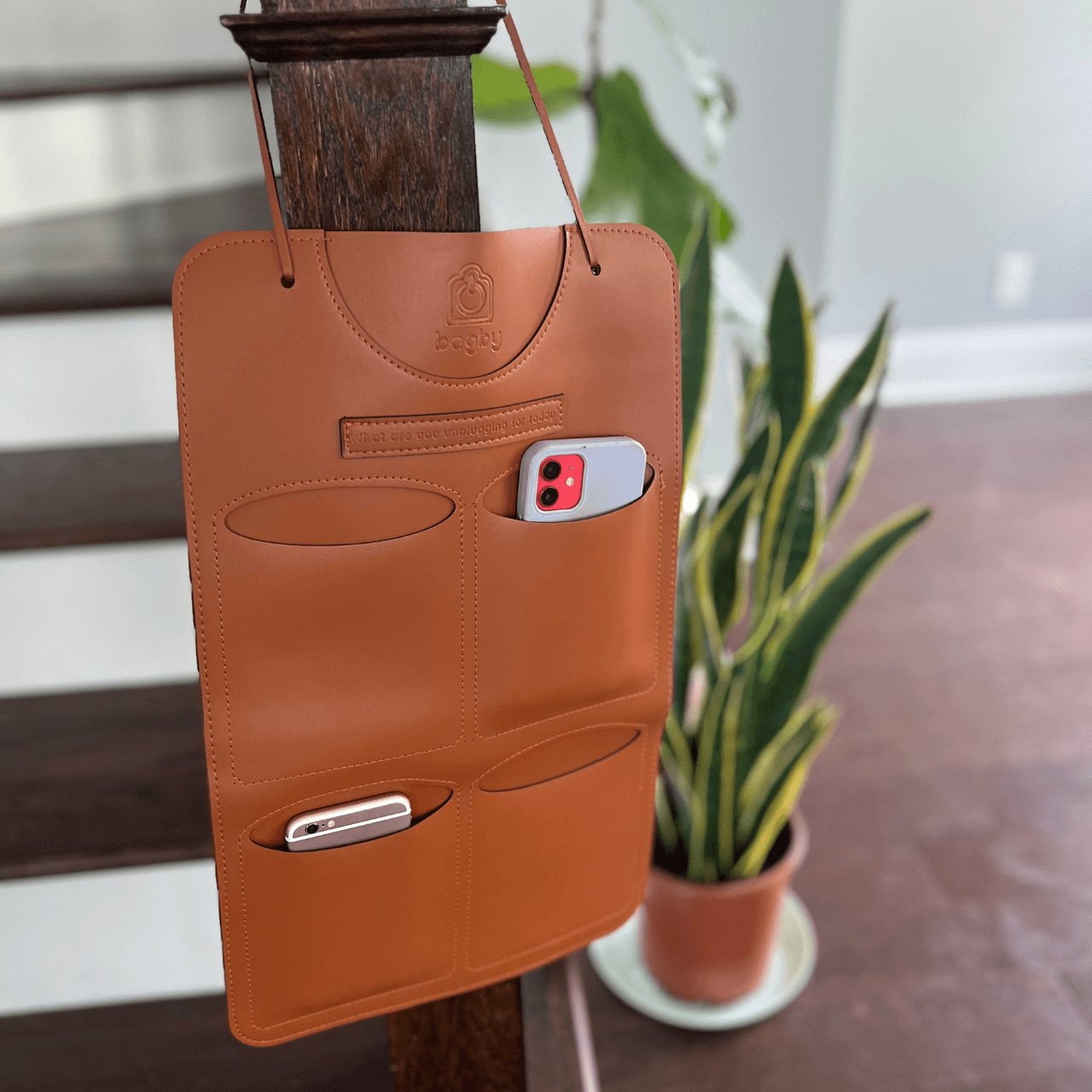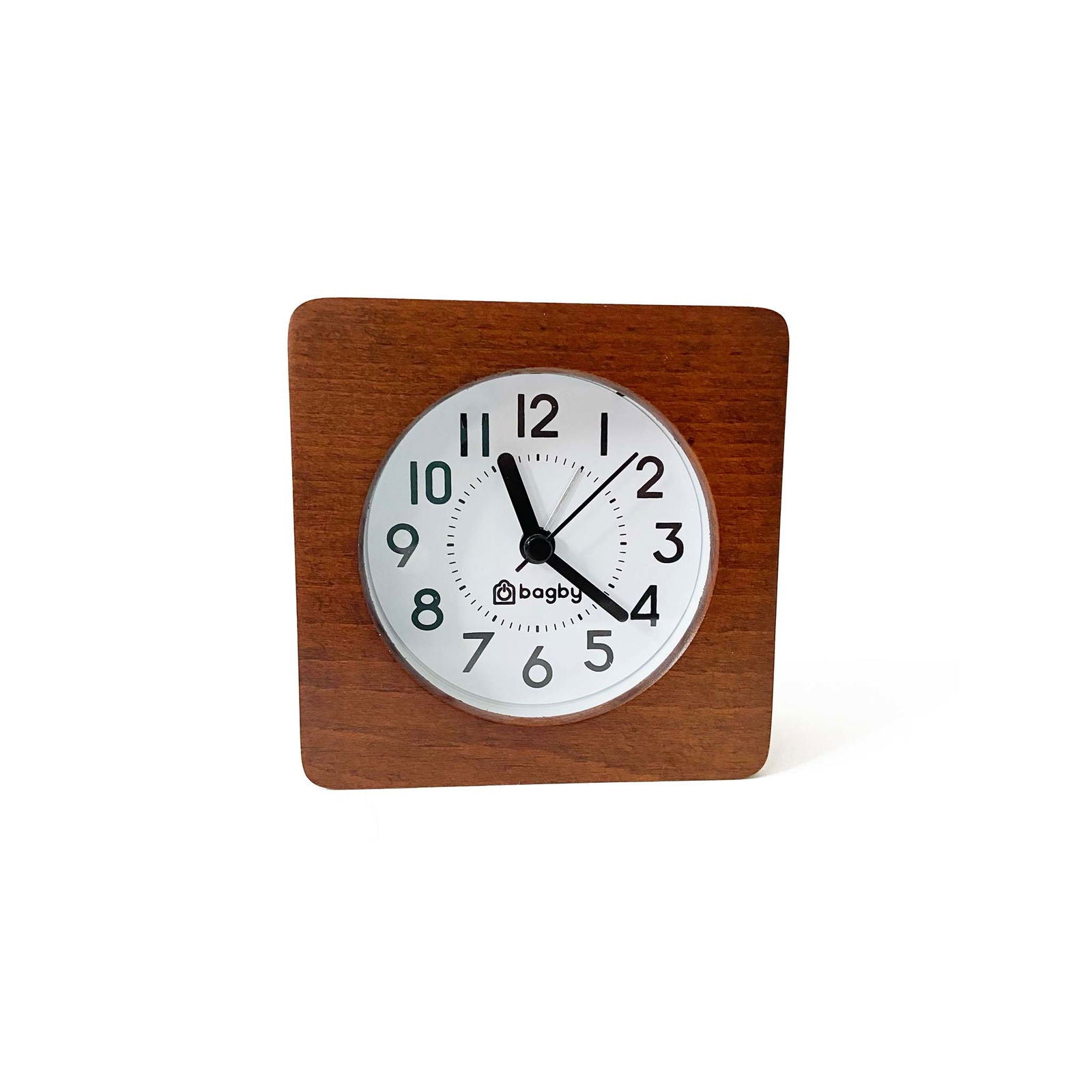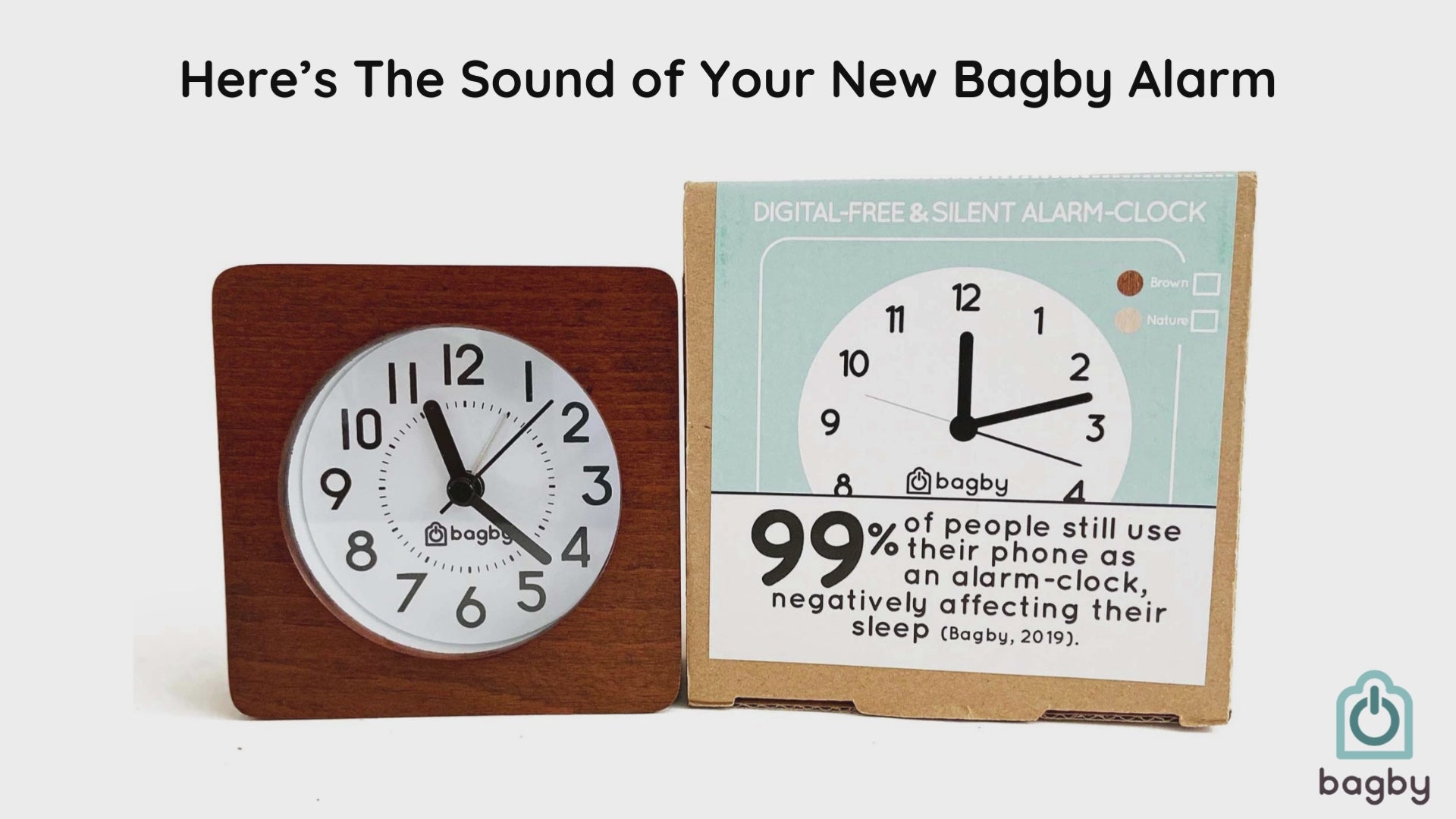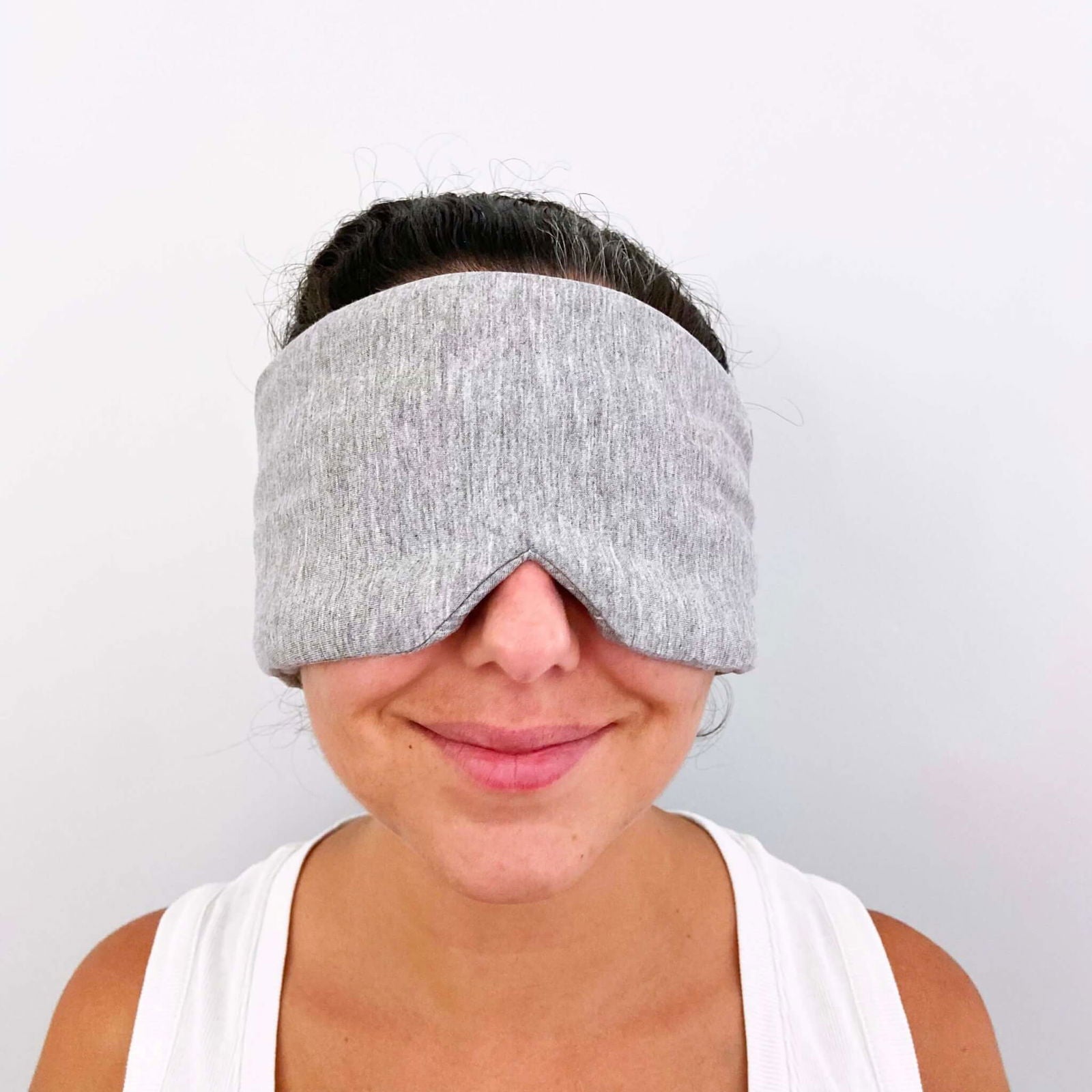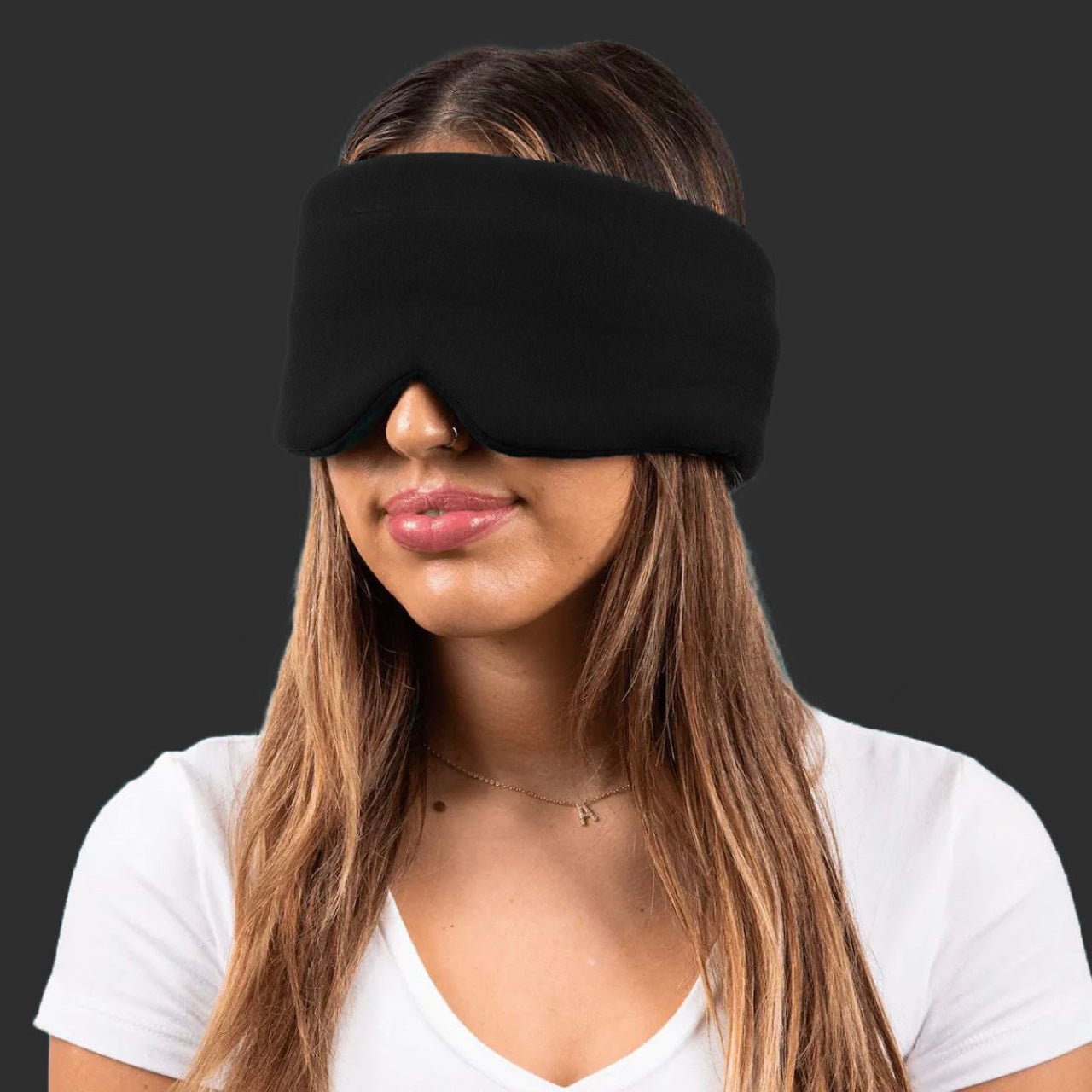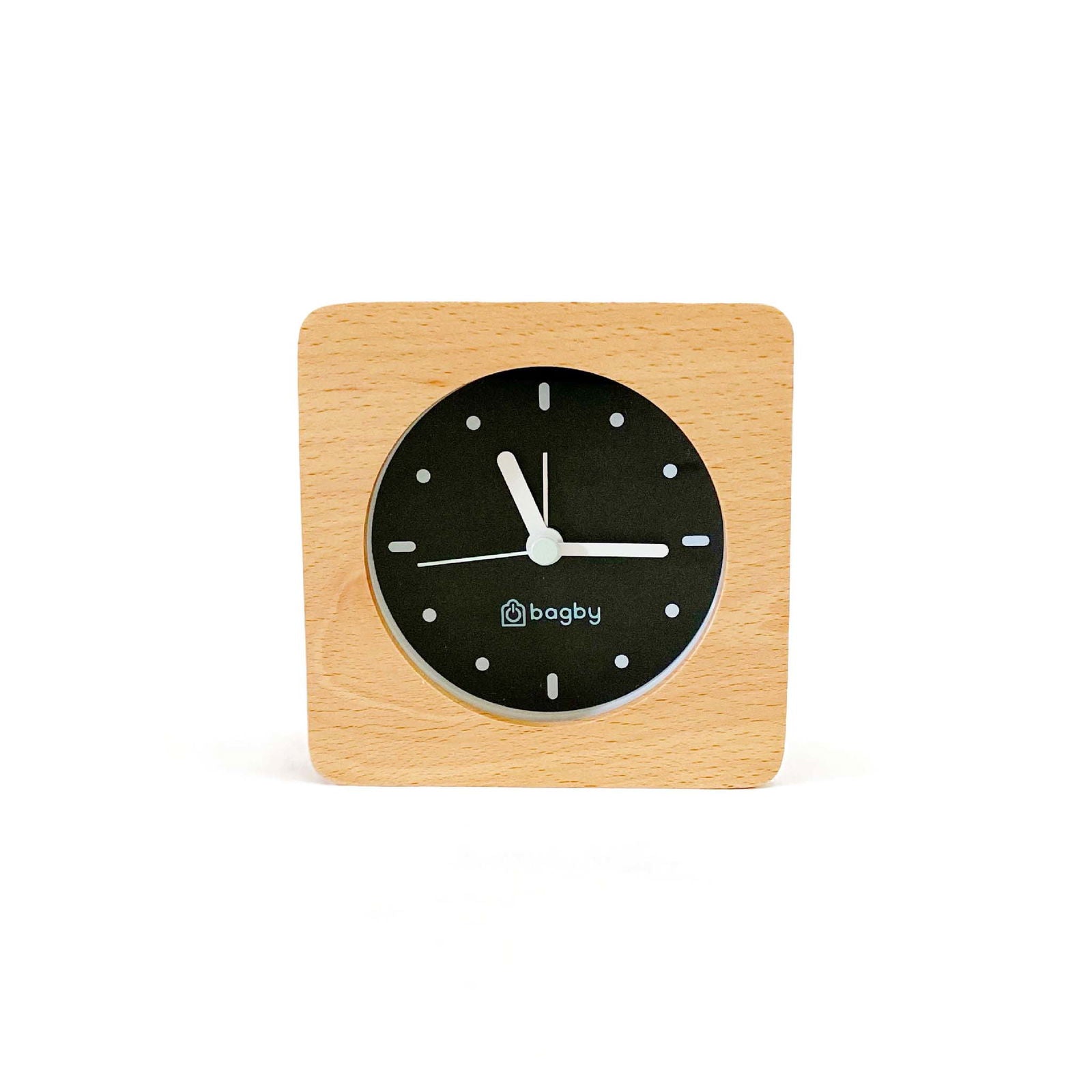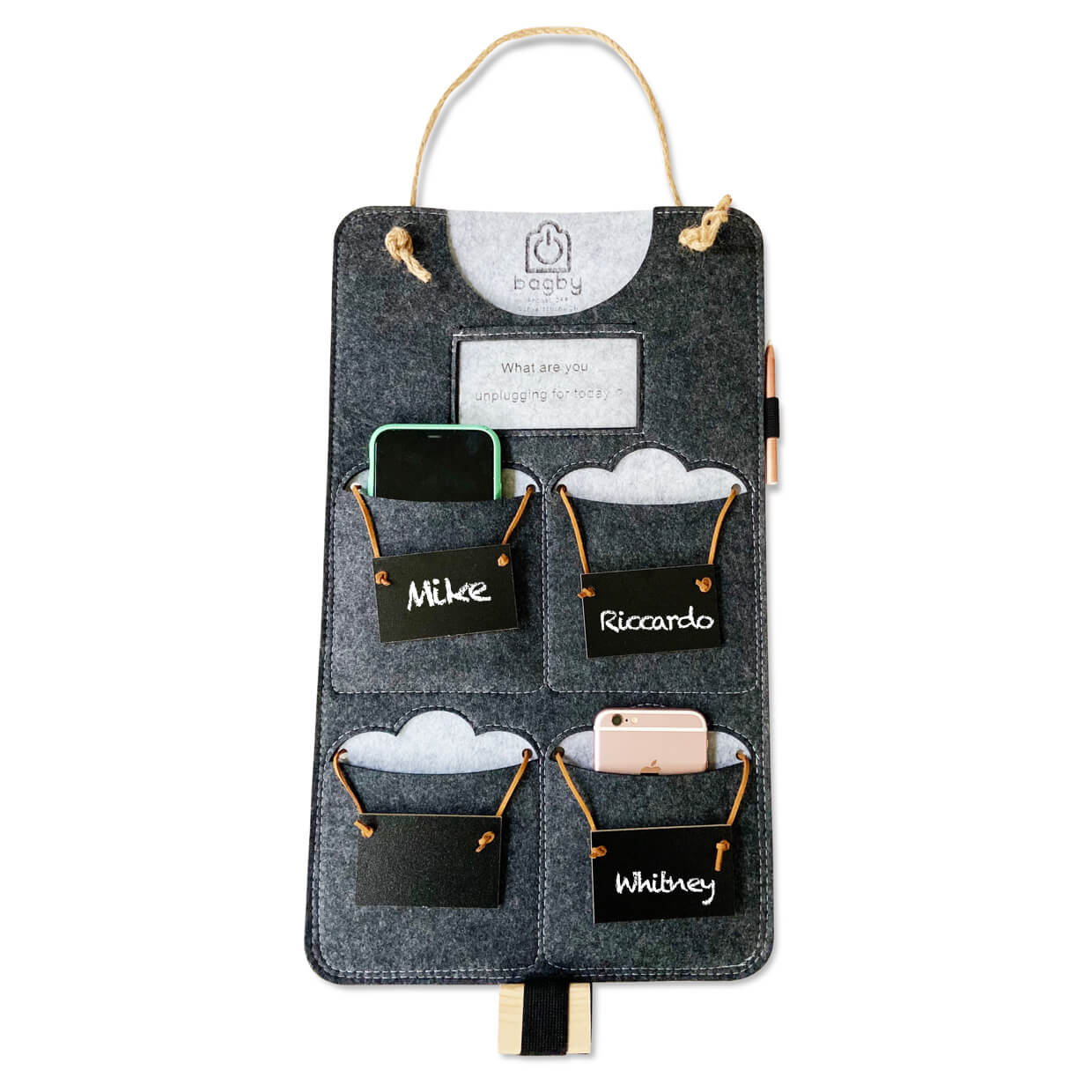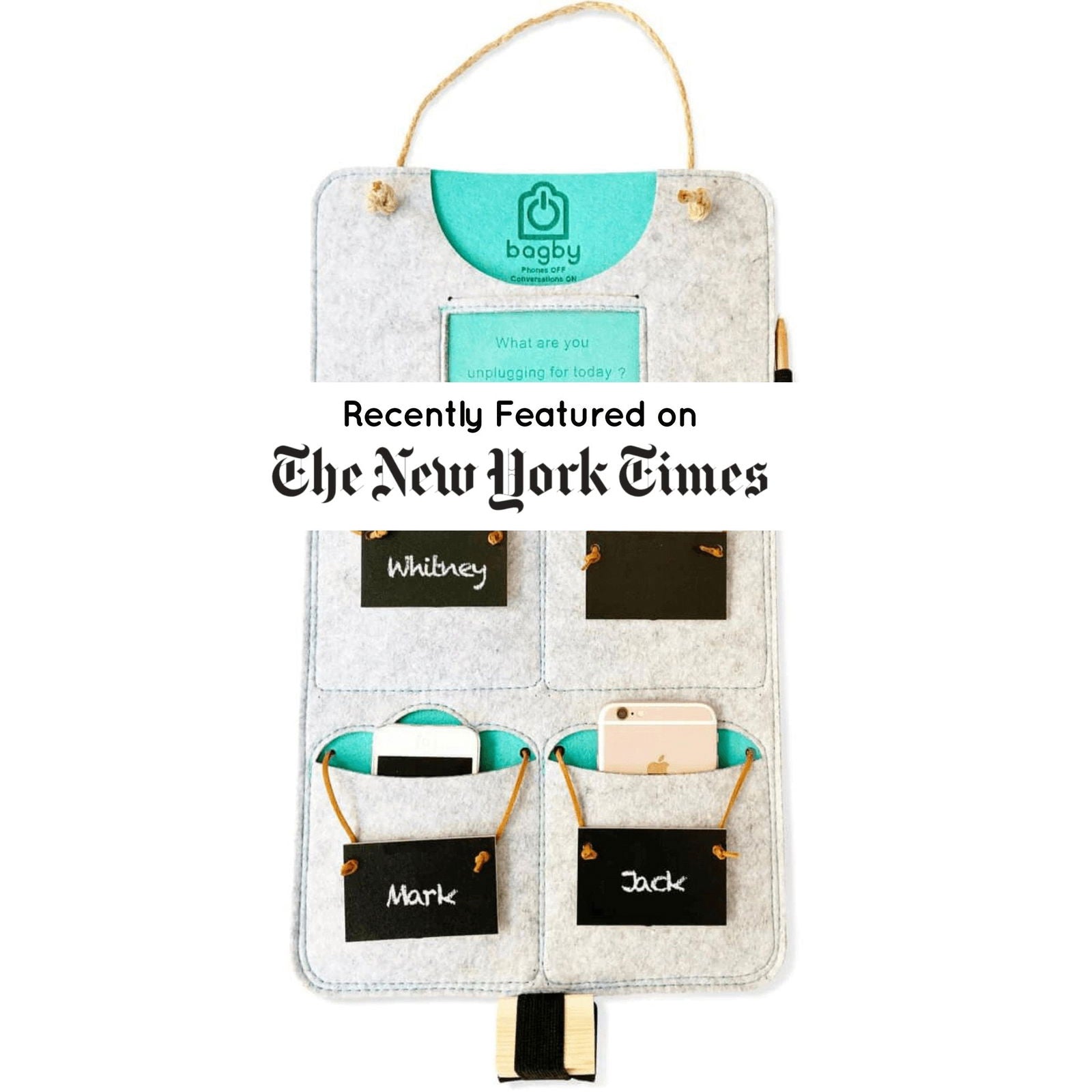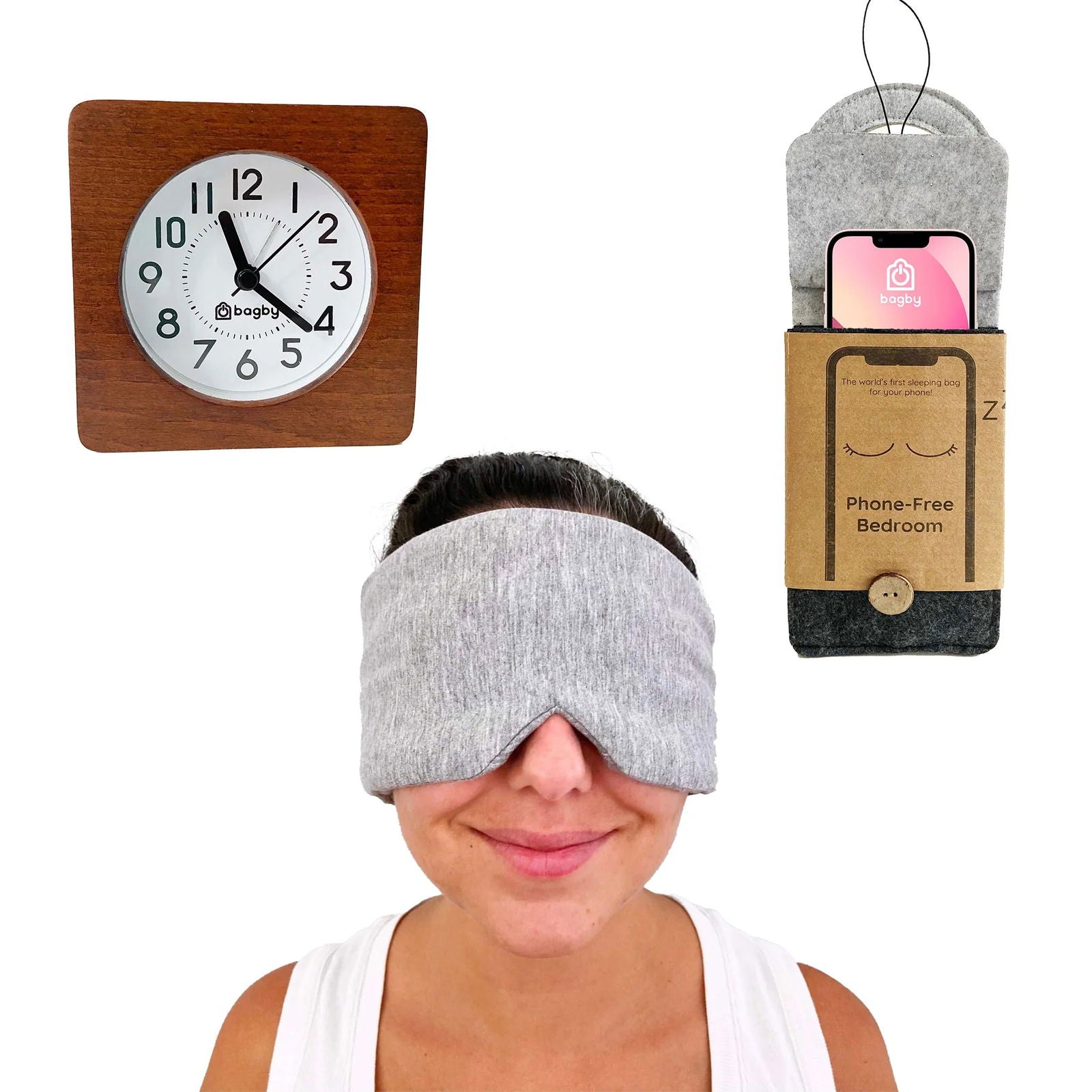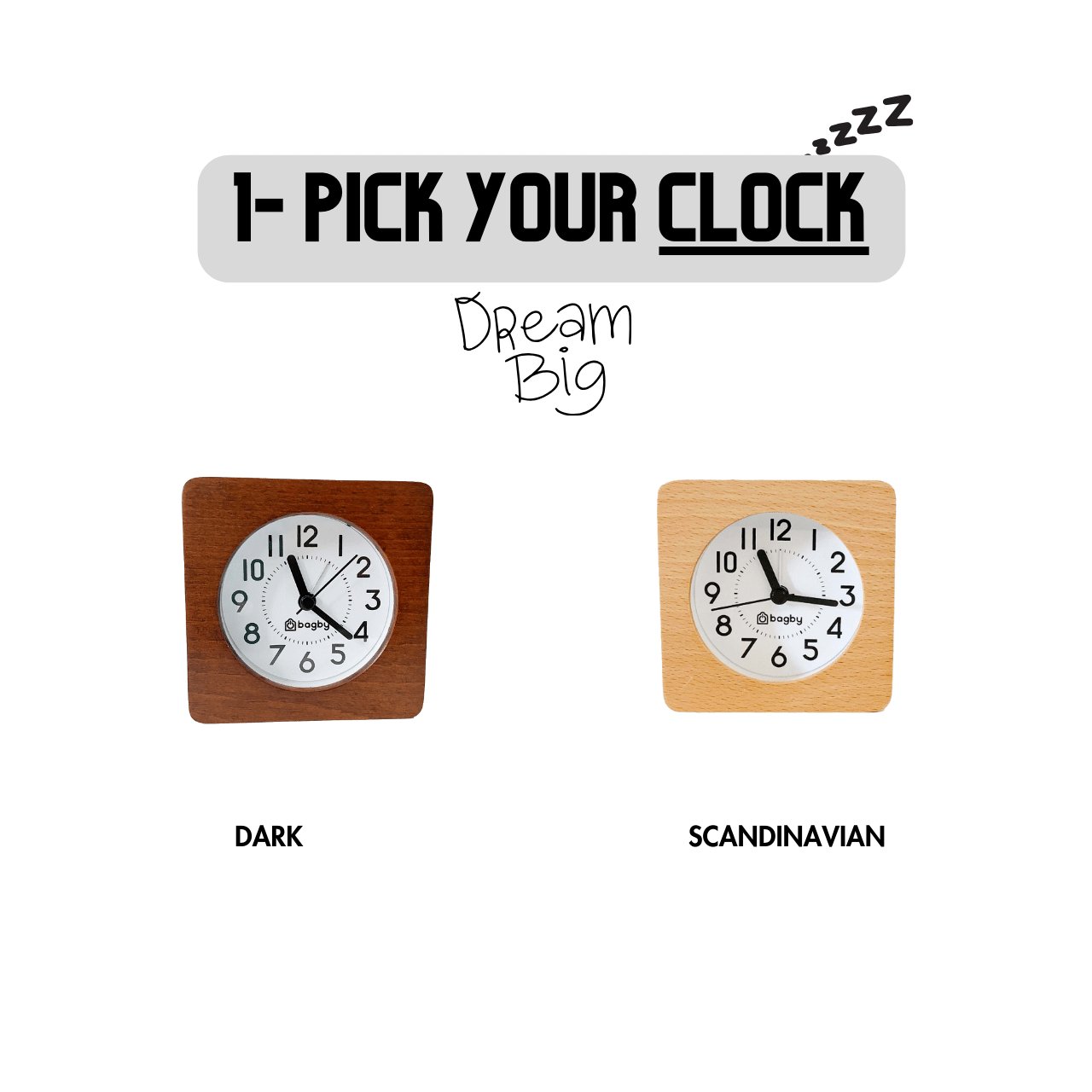These days, there are few problems left that technology doesn't claim to solve. On the app store, a report from the University of New Mexico Health Sciences Center reveals that there are approximately 325,000 health-related apps as of 2017 — tackling everything from sleep assistance and how to effectively brush your teeth, to poo logs and breathing exercises. With the vast array of apps on the consumer market, it seems the underlying message is clear: a better you is only a few taps away.
There's no doubt that people everywhere are lapping this up, regardless of whether these apps work or not. In fact, a study by Healbe confirms that 40% of Americans have used a health app to track their health, exercise, or sports performance. But why are they so popular? Are these health apps as healthy as they advertise? And while we're sure that many start out with the best intentions, for others, this compulsive quantification might even be doing more harm than good. Here are some signs to watch out for.

Source: Canva
You start to feel like exercise is an obligation
There are a lot of ways to psyche yourself up to work out, whether it's to prepare for a trip to the beach or to attempt a new personal record. However, one sure fire way to dampen motivation is to feel like you need to follow an app. Take running, for example. There are numerous apps that claim to supplement your morning jog, but much of the joy of running is rooted in that runner's high — you know, that blissful feeling of being on a path, seeing the road ahead, and being attuned to your body. It's something you miss out on if you're running for the sole purpose of seeing the distance log on your phone.
You've started seeing food as "bad" vs. "good"
U.S. News reports that at least 10 million Americans are estimated to suffer from potentially life-threatening eating disorders. Ultimately, this stems from an unhealthy relationship with food and one's body. By obsessively tracking every calorie, you're likely to start labeling food as "bad" vs. "good." But while it's tempting to listen to an app instead of your own body, it's important to note that nutrition is never black and white. All food trackers really account for are energy content, disregarding other aspects of eating that can uplift and make you happy and healthy — like healthy nutrition and the joy of sharing meals with others.

Source: Canva
Your life revolves around meeting targets
There's absolutely nothing wrong with passing on Friday night drinks with friends to complete your eight hours of sleep. Some might even say it's admirable. However, if you find yourself always choosing workouts over lunch with mom, it could be a sign that your health tracking is taking a compulsive turn. Remember, good health should enhance your life, not take over it. Your 10km run can always wait.
You think it only counts if it's on record
Seeing you reach your goals on a screen feels very fulfilling, but don't beat yourself up if you forget to record a meal or a new workout achievement. Because then again, we shouldn't be seeking this much validation from mere apps, especially when researchers from Virginia Commonwealth University have proven there’s a disconnect between app developers and the scientific community. That means you can't really trust how effective these products actually are. And although a feature on Maryville University emphasizes that tech expertise and medical knowledge should go hand-in-hand, that doesn't always happen. While the healthcare industry does need to keep up with the growing digitization, it can be just Silicon Valley running the show, so be wary of apps that do not have the credibility or endorsement of a real medical expert.
It keeps you from making real connections
The appeal of tech is that it can give you the illusion of being in control. But the trade-off is that you could get tunnel vision when looking at the data, and miss out on the real world. Apps like AROM and Dreamlight might tell you to take a whiff of essential oils or meditate to fight stress, but sometimes all you really need is to see a friend. So do it the old-fashioned way and put down the phone.

